Surah Fatir
Surah Saba, the 34th chapter of the Quran, is a captivating revelation that draws attention to the signs of Allah’s creation and His infinite wisdom. Comprising 54 verses, this Surah encourages believers to reflect on the marvels of the universe, acknowledge the oneness of Allah, and live a life of gratitude and righteousness.
The focal point of Surah Saba is the story of the Prophet Solomon (Sulaiman) and the Queen of Sheba (Bilqis). It highlights the extraordinary wisdom, power, and favors bestowed upon Prophet Solomon by Allah. The Surah serves as a reminder of the transient nature of worldly power and the importance of utilizing one’s blessings in the service of Allah.
| Surah Saba Ayats | Surah Saba Words | Surah Saba letters | Surah Saba Rukus |
|---|---|---|---|
| 54 | 995 | 3542 | 6 |
[wpdatatable id=7]
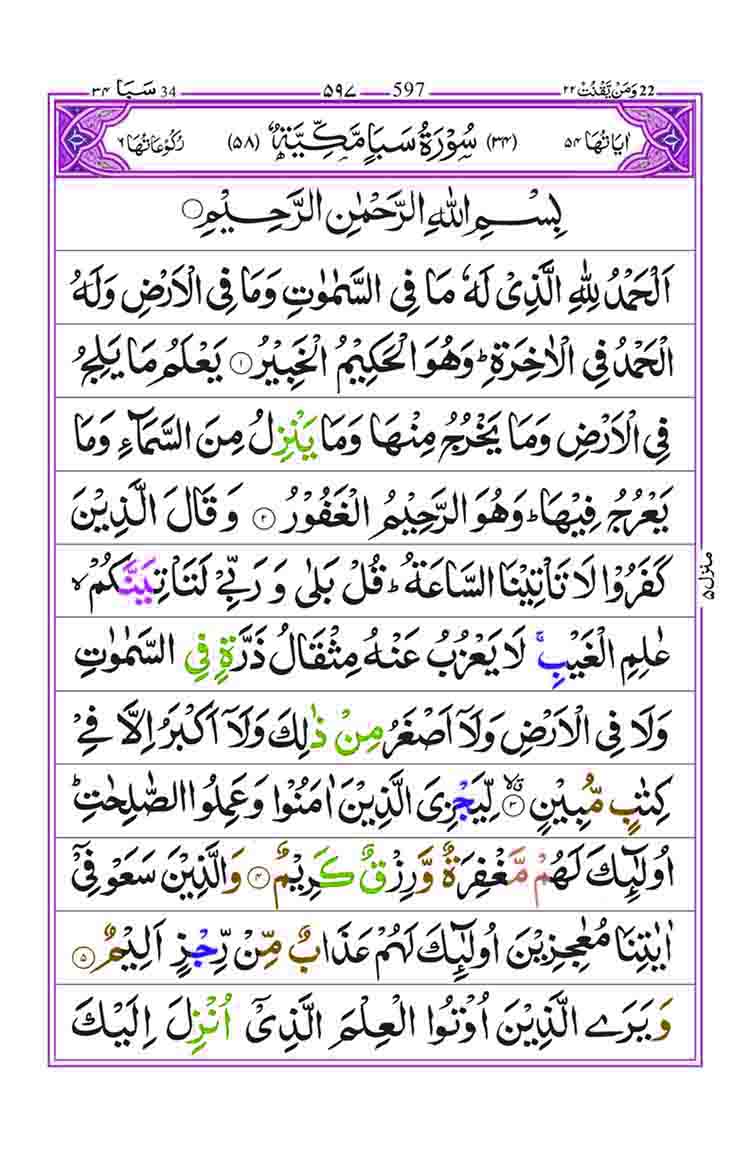
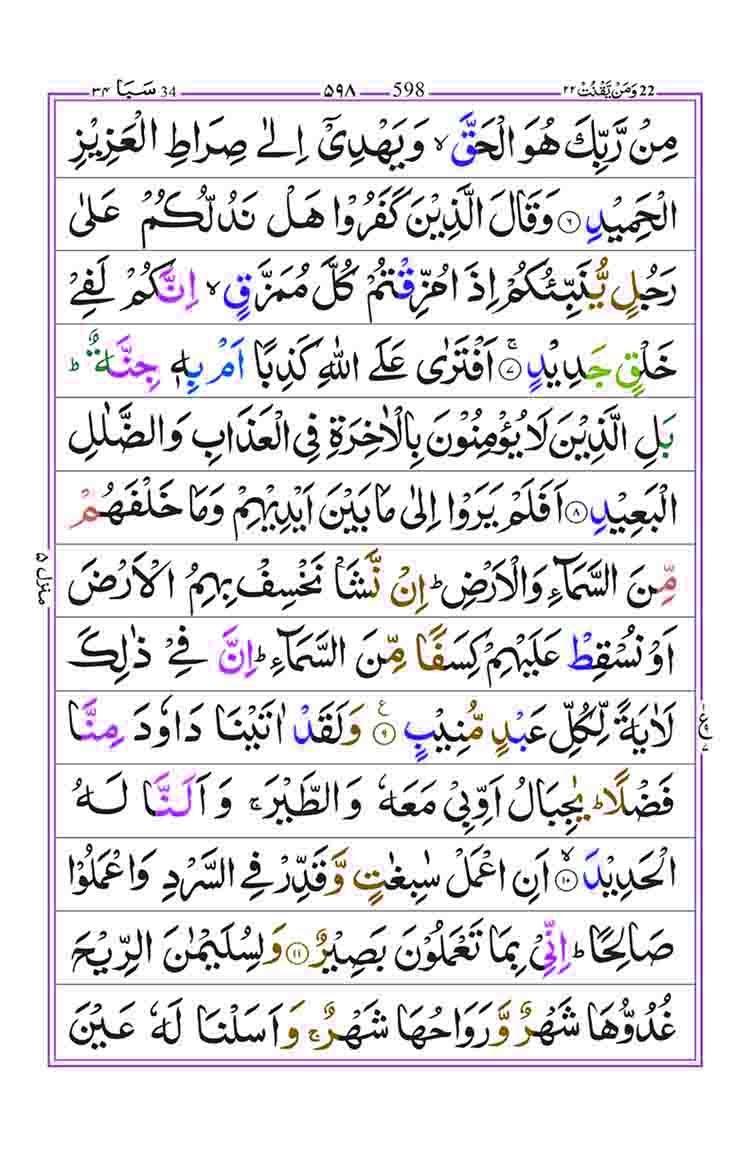
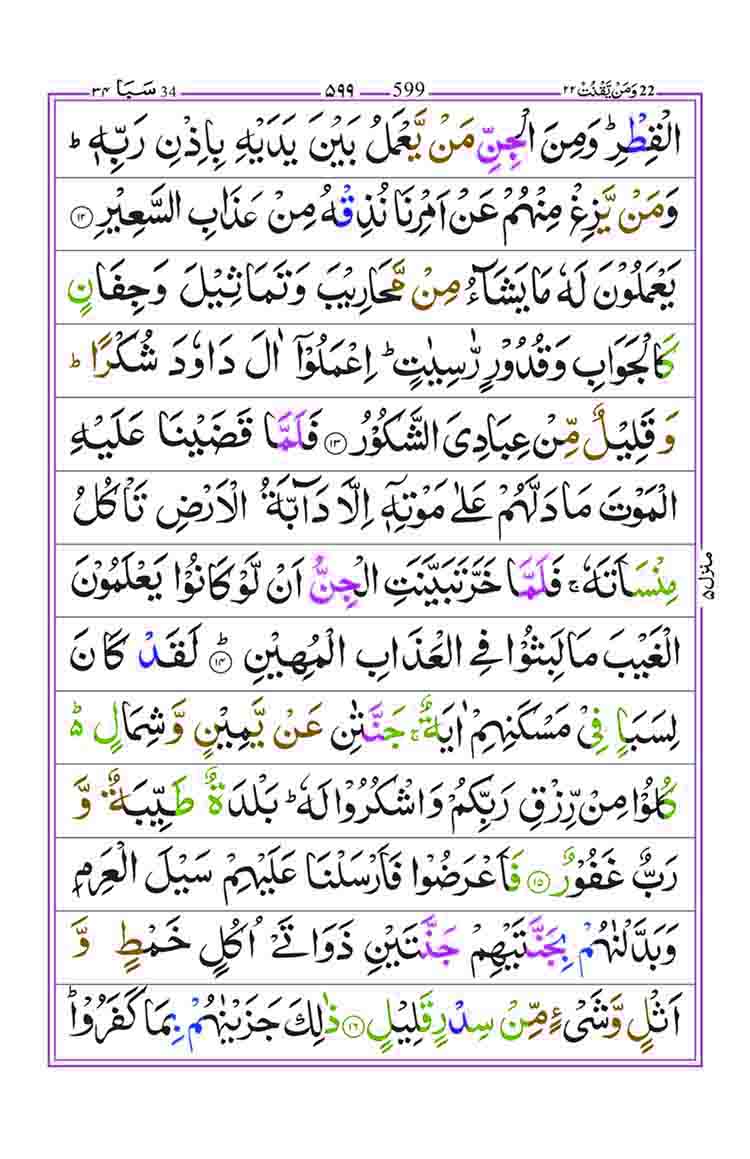
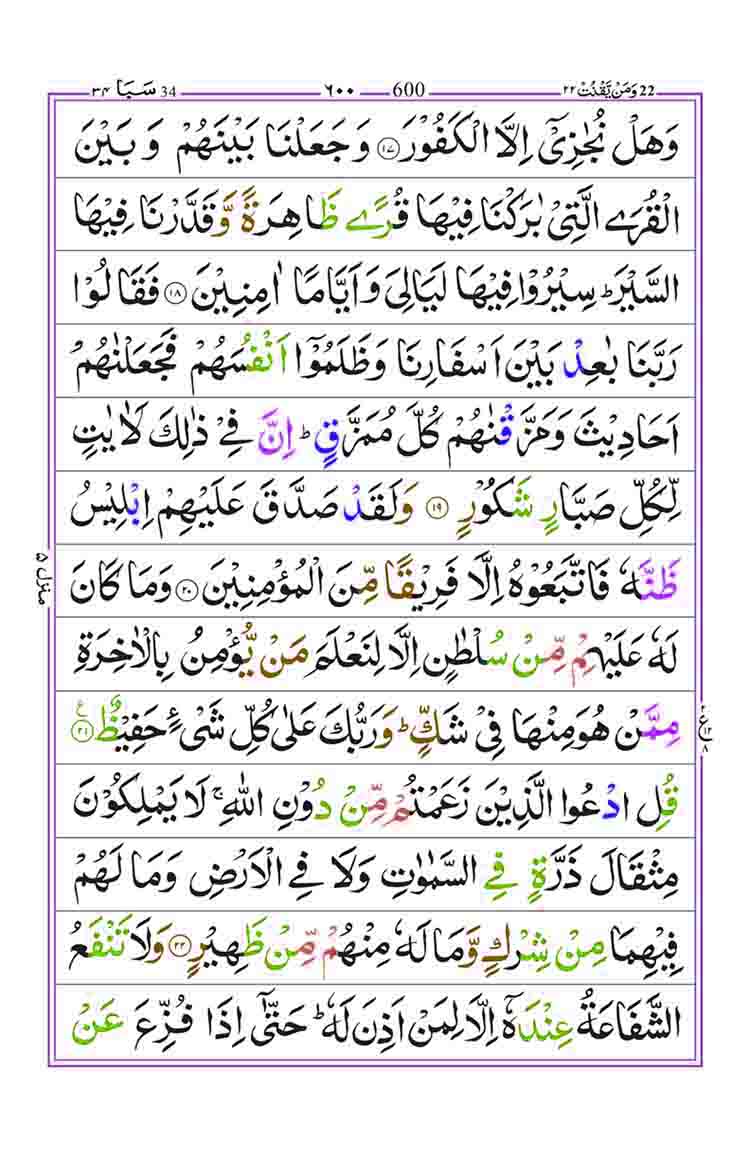
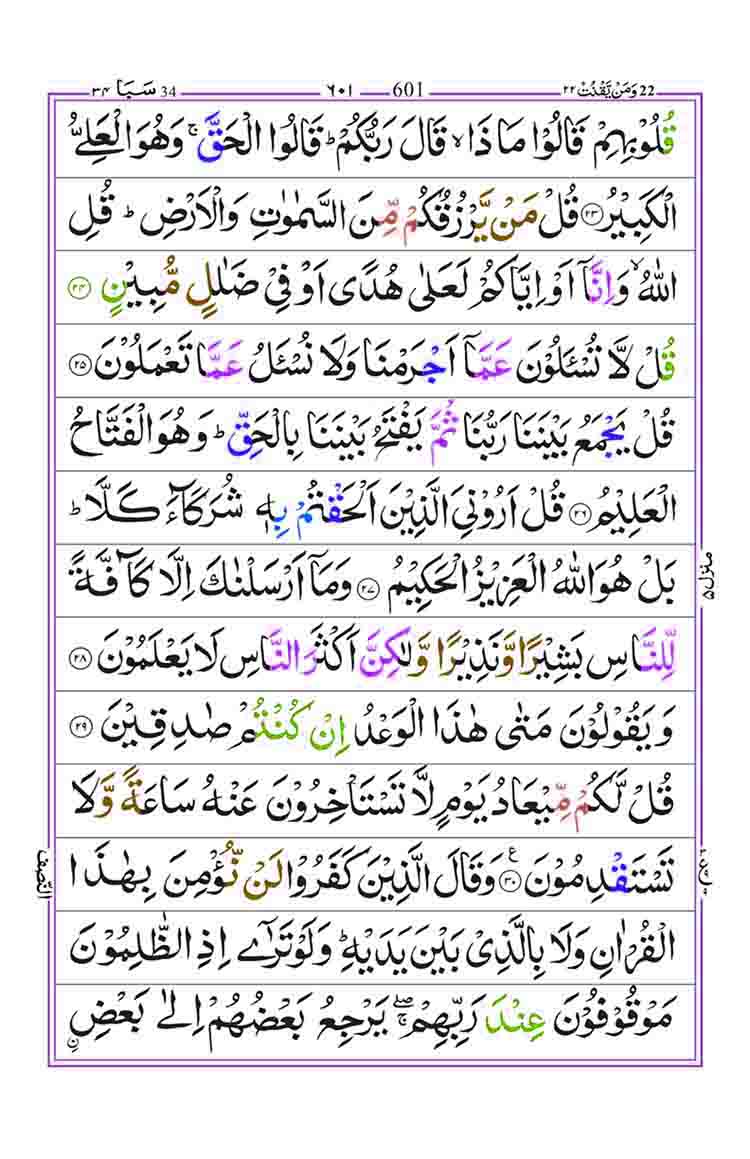
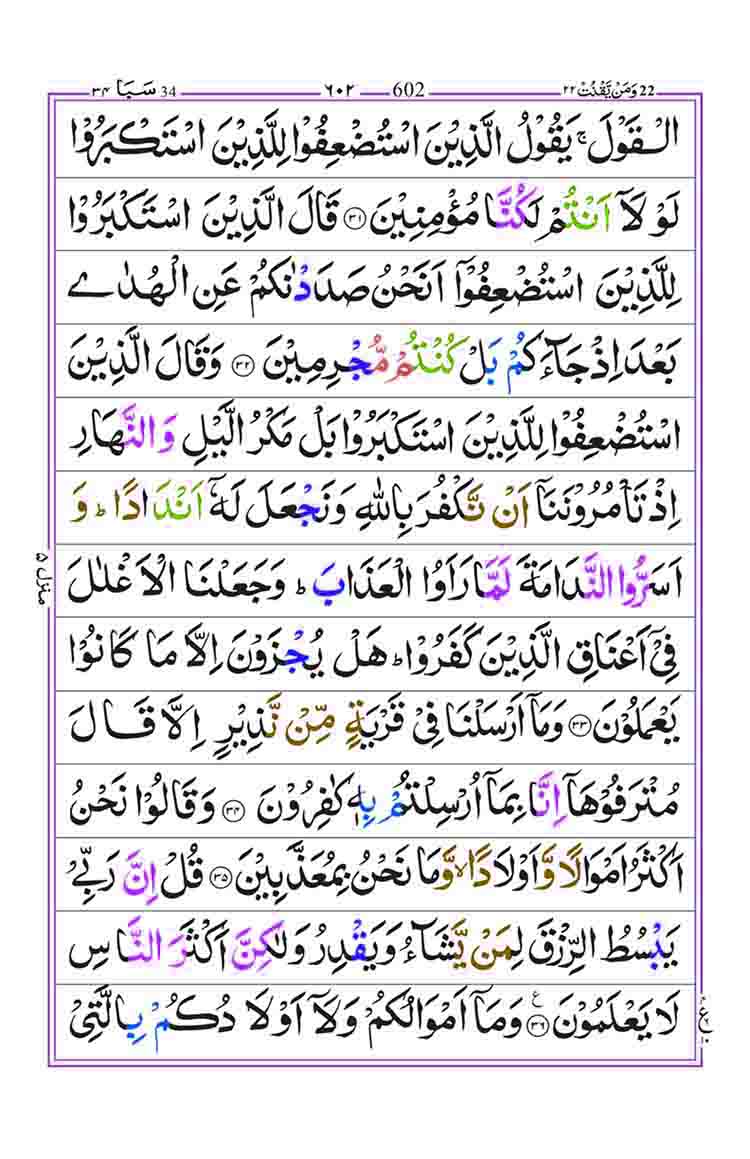
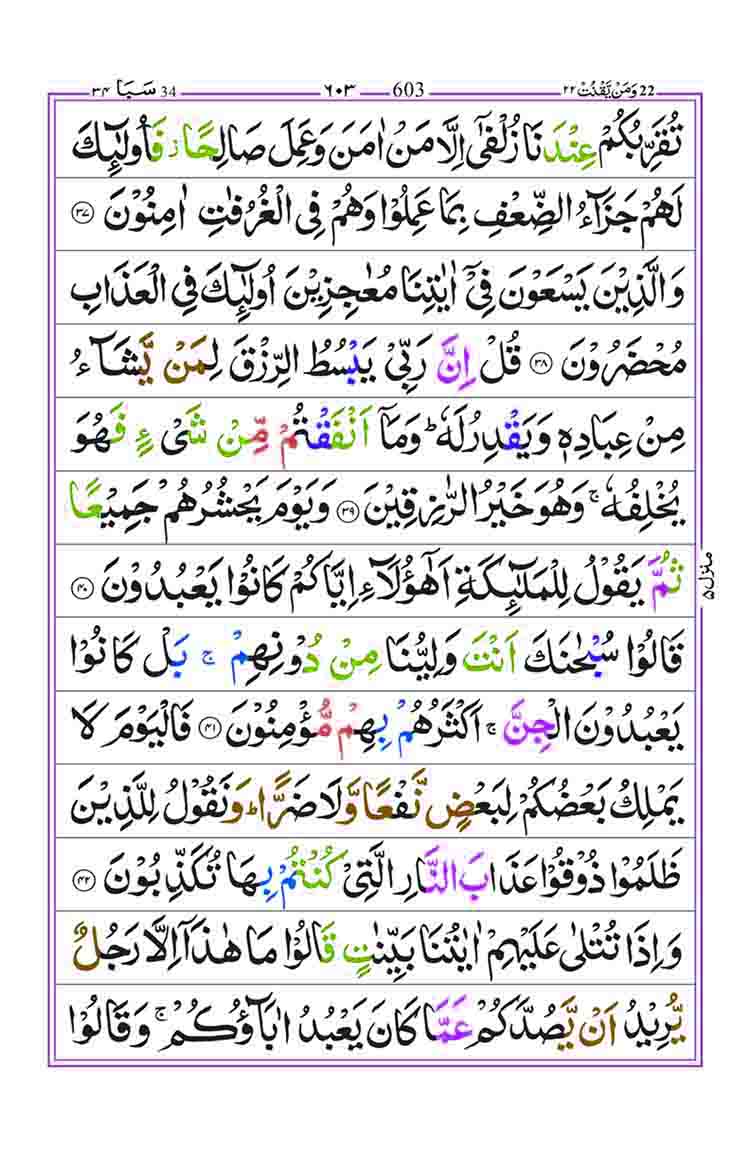
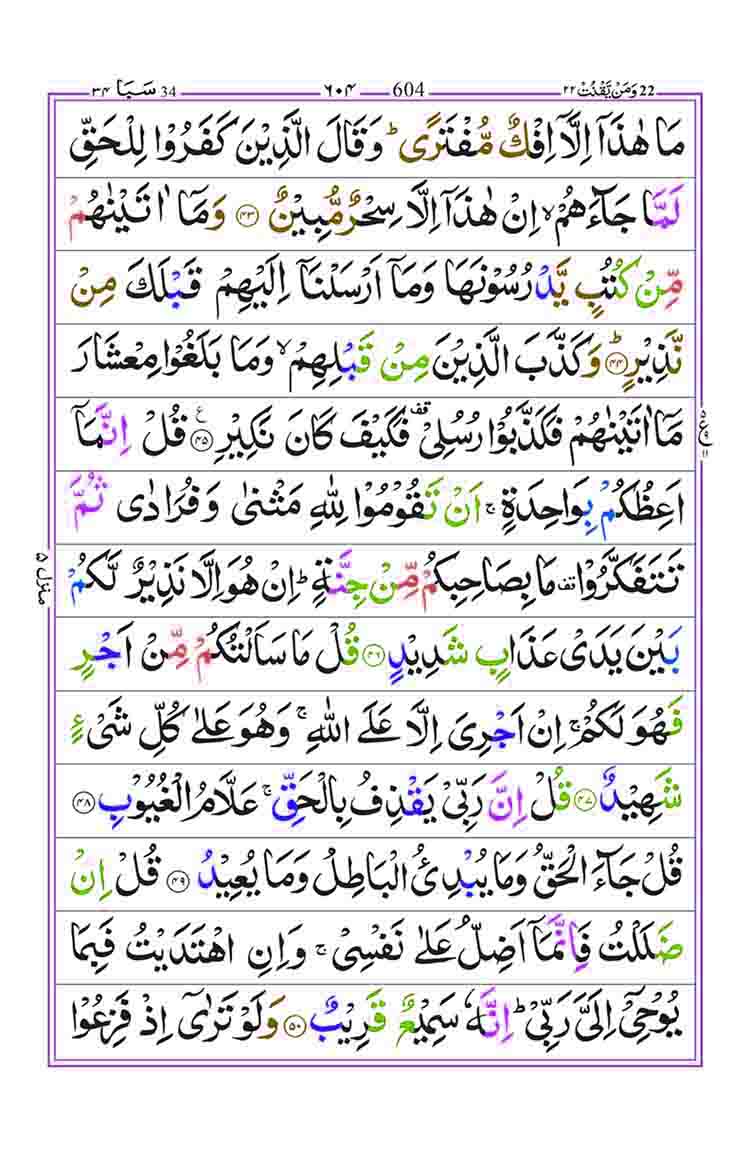
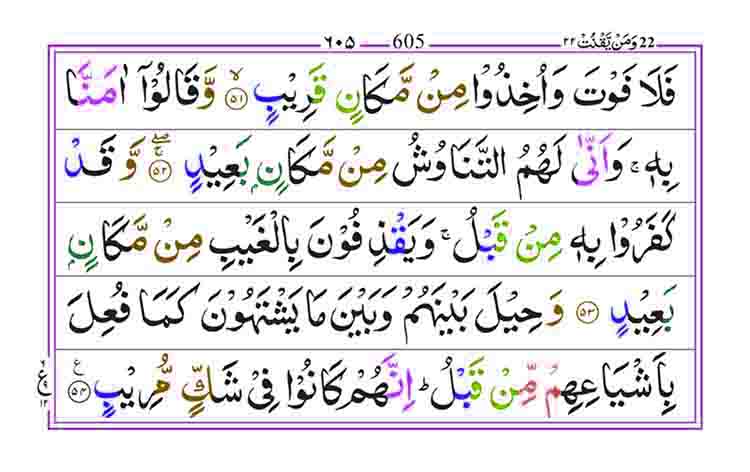
Reading Surah Saba offers numerous benefits for believers. The Surah invites contemplation on the signs of Allah’s creation, fostering a deep appreciation for the natural world. It encourages believers to ponder over the purpose of their existence and the intricate design of the universe, instilling a sense of awe and humility.
A key benefit of Surah Saba is the reinforcement of the concept of Tawhid (the oneness of Allah). The Surah repeatedly emphasizes that all power and sovereignty belong to Allah alone. This recognition strengthens the believer’s faith and serves as a foundation for a life centered on divine guidance.
Surah Saba also serves as a source of inspiration for gratitude. The narrative of Prophet Solomon’s gratitude for the blessings bestowed upon him underscores the importance of acknowledging and appreciating the favors of Allah. Gratitude, in turn, leads to a more positive outlook on life and a deeper connection with the Creator.
Furthermore, Surah Saba serves as a reminder of the consequences of disbelief and arrogance. The story of the people of Saba, who rejected their Prophet’s message, serves as a cautionary tale about the destructive consequences of turning away from divine guidance.
In conclusion, Surah Saba is a chapter that invites believers to reflect, appreciate, and submit to the majesty of Allah. Reading and contemplating its verses not only deepen one’s understanding of the divine but also bring about spiritual growth, gratitude, and a profound sense of awe towards the Creator of the heavens and the earth.
